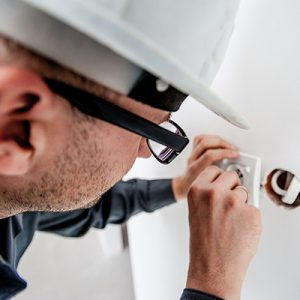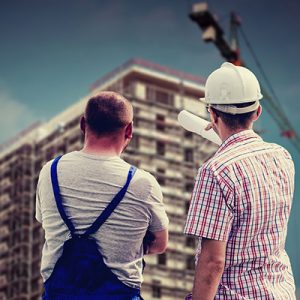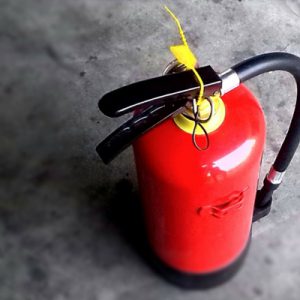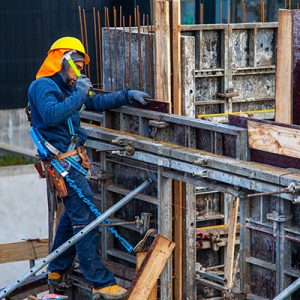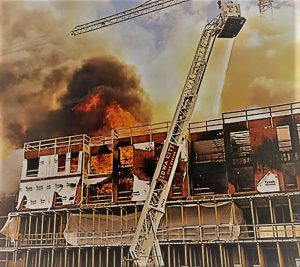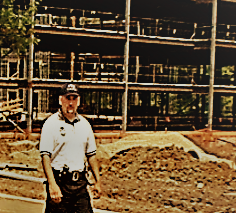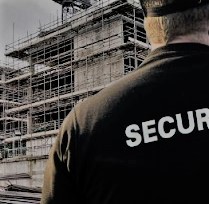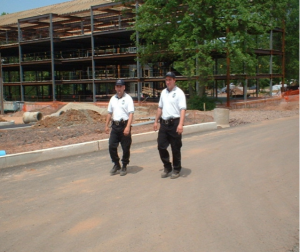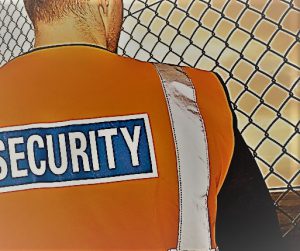Engineers, builders, contractors, plumbers, electricians and other tradesmen often oversee their skilled construction site crews. They help ensure that the construction process happens smoothly without any liability issues or costly delays. 
Usually, construction companies make security upgrades only after they’ve received several complaints or experienced recurring jobsite security issues, such as trespassing, vandalism, theft or unreliable onsite access control. When these security problems start to outweigh the cost of replacing security equipment, a building company often only has two choices:
Update what you can while trying to make it compatible with your older equipment or start fresh with a comprehensive security plan.
Improving your jobsite’s security can be challenging, expensive, and time-consuming. However, you can get great results and a measurable return on your investment if you plan your construction security correctly. Below are a few key strategies that will help you modernize your building’s security.
CCTV cameras integrate well with a security guard patrol
Investing in CCTV installation offers construction site managers an effective way to keep an eye on their crew, subcontractors and the overall jobsite. Security camera footage can be used as effective evidence in an accident, hazard, theft, arson, or vandalism cases.
The features you should look for in your monitoring surveillance include:
-
Infrared lights that enable night vision to pick up important details like a license plate, hoody logo or facial features.
-
The capability to monitor a large jobsite area 24/7 remotely from a PC or Smartphone
-
The flexibility to allow site managers to pan, zoom, and tilt remotely to see what’s going on in real-time and take the appropriate action.
-
Motion sensor cameras with floodlights, alarms and live intruder warnings to support onsite security patrols.
-
All outdoor cameras should be able to withstand harsh environments and not be easily tampered with.
Access control systems streamline and document your jobsite
With the right systems in place, you can eliminate time-consuming visual card checks and clipboard paper-based systems, for better streamlining and documentation in the long run.
A modern access control system can identify what tasks each individual or group is working on and who they are affiliated with, enabling you to centralize logistical information, prevent unauthorized access, and ensure all necessary security and safety measures are in place.
Leading-edge organizations have adopted the CSCS (Construction Skills Certification Scheme) card service. A valid ID certifies workers’ identities and qualifications as well as confirms they have the right to work on-site to prevent fraud. Biometric access control is preferable over other types of access control for construction sites. It uses biometrics to verify workers’ identities making it is exceedingly difficult to gain access without the right data.
Companies are embracing virtual reality safety training
With virtual reality, construction companies can offer a better safety and technology training program for their employees. Virtual reality training can put construction crews into a variety of critical situations with complete safety. This allows them to test and master safety and hazard protocols as well as practice their skill and aptitude to make the right decisions under stressful conditions.
New hires are able to experience real-world situations through simulations, while more experienced workers are able to hone their skills in a cost-effective way.
Wearable technology is next level safety
Current advances in wearable technology serve as a viable complement to traditional hard-hat and personal protective equipment (PPE) systems used for site safety. Wearable technology is being increasingly incorporated into worker’s safety gear on construction sites to provide better information access about health and safety risks to reduce worker exposure.
These devices supply a variety of important information, such as temperatures above a safe level, noise that could cause damage to their hearing, poor air quality that could affect their health, and other hazards and environmental dangers.
These are several development methods that you can employ to modernize your system for more efficiency on your construction sites.

